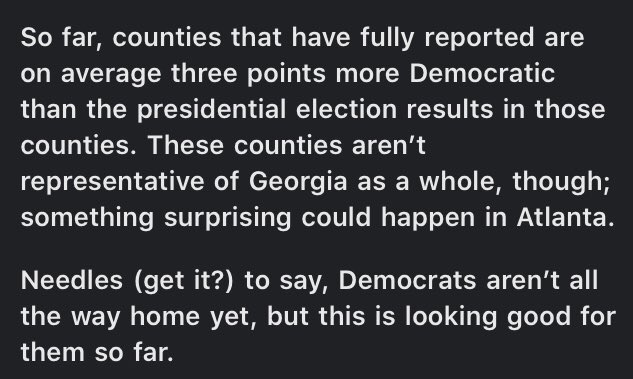
Something Arlie Hochschild told me that I can't shake this week is the ways modern politics has become hyper-fluent in the language of suffering.
theatlantic.com/ideas/archive/…
Once you see it—all politics (and esp. Trumpism) as the Suffering Olympics—it’s impossible to unsee.
theatlantic.com/ideas/archive/…
Once you see it—all politics (and esp. Trumpism) as the Suffering Olympics—it’s impossible to unsee.
Here’s Hawley, days after fist-pumping an insurrection attempt that killed several people. Basically: Biden criticized me in a speech that also mentioned Goebbels in a different context, so don’t forget who’s really suffering this week (hint: it’s me)
fox4kc.com/news/hawley-sp…
fox4kc.com/news/hawley-sp…
Here’s Rep. Madison Cawthorn, days after speaking at a rally that killed a bunch of people and broke a zillion laws, reminding us who’s really had a rough week: the president’s metaphorical tongue
https://twitter.com/CawthornforNC/status/1347773832870981635
Here’s Maria Bartiromo: sure, the right-wing had a bad day when it violently stormed the seat of government, but the Suffering Decathlon goes on, so let’s move swiftly to the next competitive event—how bout big tech tyranny?
https://twitter.com/brianstelter/status/1348284714516434945
Here are Trump voters on the attempted coup. Read the whole thing. Or don’t! Just trust me that it’s an omakase of suffering, truly innovative presentations of grievance politics.
nytimes.com/2021/01/09/us/…
nytimes.com/2021/01/09/us/…
The suffering instinct has completely colonized political language. It’s grievance tug-of-wars all the way down. It would be so boring if it weren’t so dangerous.
Suffering Olympics: Addendum 1
Melania: My heart goes out to the people who died in my husband’s failed putsch, but it also goes out to someone else: me
Melania: My heart goes out to the people who died in my husband’s failed putsch, but it also goes out to someone else: me
https://twitter.com/brianstelter/status/1348590697499209730
Suffering Olympics: Addendum 2
Brian Kilmeade: Before we mete out any political consequences for inciting a deadly coup attempt, let’s take some time to consider how those consequences might make Trump’s voters “feel.” (Sad! is how.)
Brian Kilmeade: Before we mete out any political consequences for inciting a deadly coup attempt, let’s take some time to consider how those consequences might make Trump’s voters “feel.” (Sad! is how.)
https://twitter.com/brianstelter/status/1348618981435977730
Final:
If your app facilitates a deadly coup attempt and you lose a corporate partner, that's not the free market, ok? It's Kristallnacht. Here, sip on this confirmation bias for your anger, bc you're practically on the threshold of genocide.
If your app facilitates a deadly coup attempt and you lose a corporate partner, that's not the free market, ok? It's Kristallnacht. Here, sip on this confirmation bias for your anger, bc you're practically on the threshold of genocide.
https://twitter.com/revrrlewis/status/1348636201041977344?s=20
• • •
Missing some Tweet in this thread? You can try to
force a refresh







